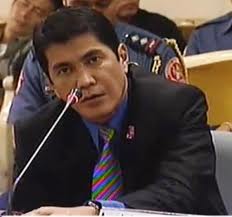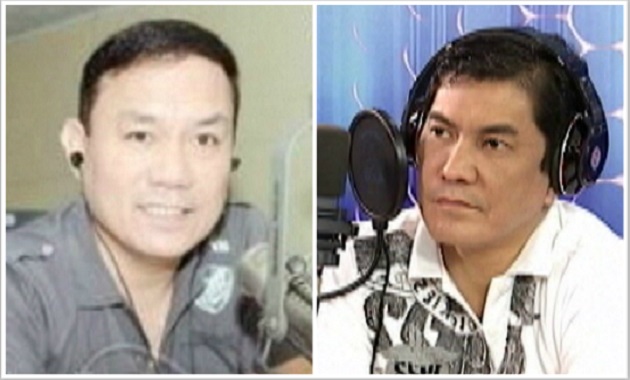BY ELLEN T. TORDESILLAS
 HOPEFULLY, this latest controversy involving broadcasters in a government corruption case would result in reforms in the media industry.
HOPEFULLY, this latest controversy involving broadcasters in a government corruption case would result in reforms in the media industry.
A Philippine Daily Inquirer report said three broadcast journalists received payments from National Agribusiness Corp. (Nabcor), an agency under the Department of Agriculture that was used as conduit for the release of Development Assistance Fund (PDAF) money that went into ghost projects.
The anomalous operations were the handiwork of Janet Napoles in connivance with lawmakers including Senators Juan Ponce-Enrile, Jinggoy Estrada, and Bong Revilla.
Based on the affidavits of former Nabcor officials Rhodora Mendoza and Victor Cacal, Inquirer named Erwin Tulfo of TV5 and Carmelo del Prado Magdurulang of GMA7. A third broadcaster who allegedly got P2 million was not named in the report although the name is being mentioned in the media circle.
 The Inquirer report said Erwin was issued a Nabcor check in the amount of P245,535 drawn from the agency’s account at United Coconut Planters’ Bank (UCPB), Tektite Branch PSE Center, Ortigas, Pasig City on March 10, 2009.
The Inquirer report said Erwin was issued a Nabcor check in the amount of P245,535 drawn from the agency’s account at United Coconut Planters’ Bank (UCPB), Tektite Branch PSE Center, Ortigas, Pasig City on March 10, 2009.
In the case of Magdurulang known as Melo del Prado, who hosts a radio show in GMA7’s DZBB, three checks were issued dated April 27, May 14, and July 6 totaling P245,535.
GMA-DZBB Radio Operations Group consultant Mike Enriquez said they will conduct a thorough investigation into the news report. “Due process will be observed and we will ensure that full sanctions will be applied if determined to be necessary.”
I talked with Erwin yesterday and he explained that in 2009, Radio Mindanao Network offered him the job of hosting a radio show with Doris Bigornia (now back in ABS-CBN) for a talent fee of P25,000 a month, which he found measly.
He and RMN-DZXL agreed that he be given advertising spots in the program which he could market. The proceeds from those spots would be his. He said it’s an “industry practice” and the spots are called “premium advertisements.”

He said it’s a legitimate practice and the kapisanan ng Brodkaster ng Pilipinas knows about it. The Nabcor ads in his DZXL program, he said, were “supported by a contract, a CD of the commercial, withholding tax documents, receipts and vouchers…just like any other government ads such as PAG-I BIG,PAGCOR etc.”
Erwin insists it’s legal and he is determined to clear his name. He said he will go to court.
I will leave the legal aspect of this controversy to the lawyers because Justice Secretary Leila de Lima said “It concerns public funds, and may kasama kang public officials, then you are part of it, you can be charged with such offenses as direct bribery and malversation of public funds.”
I’m more concerned about the ethical aspect of the what it seems has become a standard media practice: journalists doubling as advertising solicitors. Erwin said there’s even one broadcast practice called AOB (Air on Board) , where anchors read the press release of advertisers for a fee. He said he does not do that.
It is a fact that advertisements are the lifeblood of media. But the advertising department is separate from the editorial department.
Independence is a basic journalism value. For journalists to be credible and effective in their role of society’s watchdog, they have to be independent and that includes from the influence of the publication or network’s advertisers. A journalist reports something he discovered that would be of interest to and benefit the people and not because someone paid him to do it or it’s a requirement from advertisers.
